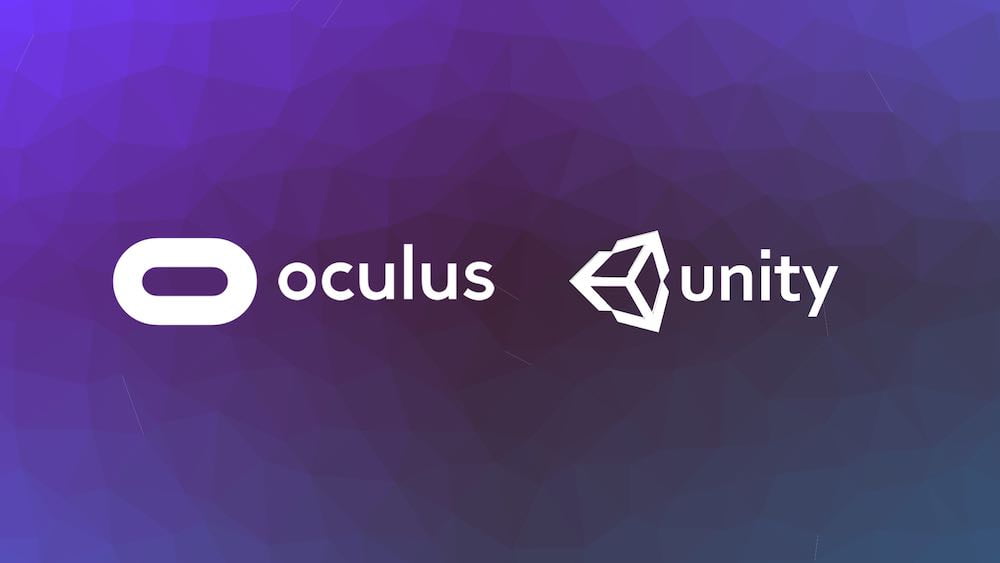Oculus und Unity starten kostenlosen VR-Lernkurs für Entwickler

Oculus und Unity bieten ab sofort einen kostenlosen VR-Lernkurs für fortgeschrittene Unity-Entwickler an.
Der Kurs besteht aus elf Lerneinheiten, die Entwickler in Gänze 25 bis 30 Stunden beschäftigen sollten.
Jeder Kurs wird von einem Oculus- oder Unity-Profi geleitet, der sich auf dem jeweiligen Spezialgebiet auskennt: vom Sound- und Interaktionsdesign, über VR-Fortbewegung, bis hin zur Leistungsoptimierung von VR-Apps.
___STEADY_PAYWALL___Zielgruppe sind fortgeschrittene Unity-Entwickler, die ihre VR-Expertise vertiefen wollen. Blutigen Anfängern werden ein Unity-Einführungskurs und VR-Tutorials empfohlen.
Während des Kurses lernen Unity-Entwickler, wie man einen VR-tauglichen Escape Room baut. Nach Abschluss des Kurses kann das Arbeitsergebnis für technisches und qualitatives Feedback an Oculus übermittelt werden.
Als Hardwaregrundlage wird Oculus Rift S empfohlen. Die Richtlinien gelten jedoch auch für Oculus Quest.
Nachfolgend findet man die elf Kurseinheiten samt Link:
Course Overview
Unit 1: Design, Develop and Deploy for VR
Chris Pruett, Director of Content Ecosystem at Oculus
Chris gives you an overview of the VR industry, best practices for a successful VR game and an overview of what you’ll be learning.
Unit 2: VR Game Development and Prototyping
Ruth Bram, Producer at Oculus Studios
Planning sets you up for success, and in this unit, you’ll learn to create a game design document, a player profile report and a press kit.
Unit 3: Using Unity to Develop VR Experiences
Joy Horvath, Game Developer + Instructional Designer at Unity
You’ll learn how to set up the Oculus and VRTK integrations in Unity. Plus, how to set up a basic VR scene.
Unit 4: Locomotion and Ergonomics
Eric Cosky, Software Engineer at Oculus
Get best practices for making your VR experience comfortable, and how to implement a teleportation system.
MIXED.de ohne Werbebanner
Zugriff auf mehr als 9.000 Artikel
Kündigung jederzeit online möglich
Unit 5: Hand presence and Interaction
Matthew Franklin, Developer Relations Engineer at Oculus
Learn how to interact with your hands in VR, use them to manipulate objects and how to overcome challenges with item placement.
Unit 6: UI Best Practices for VR
Gabor Szauer, Developer Relations Engineer at Oculus
Transition from 2D to VR, review well established VR interaction paradigms (think laser pointers) and find out how to design a user friendly interface for VR.
Unit 7: Sound in VR
Robert Heitkamp, Spatial Audio Technology Lead at Oculus
Implement spatial audio for VR with the Oculus Spatializer Plugin. Plus, dive into reverb and mixer settings and learn how to test your audio.
Unit 8: Performance Requirements
Matt Conte, Head of Developer Relations Engineering at Oculus
Be efficient with assets, implement lighting and configure your settings to get better performance from your VR game.
Unit 9: Optimizing VR Applications
Cristiano Ferreira, Developer Relations Engineer at Oculus
Get to the bottom of bottlenecks with Unity Profiler, Frame Debugger and Unity Profile Analyzer. You’ll also learn about the technical requirements to pass Oculus VRCs.
Unit 10: Testing your VR Application
Lisa Brewster, Oculus Store Manager
Bruce Wooden, Content Launch Manager at Oculus
Successfully run tests on your VR application - By the end of this unit, you’ll be ready to implement quality VR playtests to your development cycles.
Unit 11: Submission and Go-to-Market Strategy
Mari Kyle, Content Launch Manager at Oculus
In this final unit, you’ll get a crash course on marketing to drive awareness of your VR experience. We’ll talk about the strategy of pricing. Plus, best practices for submitting to the Oculus Store.
Titelbild: Oculus / Unity, Quelle: Oculus Developer Blog
Weiterlesen über Unity:
- Unity: Investoren stecken halbe Milliarde US-Dollar in XR-Engine
- Unity-Managerin gibt Tipps für den Einstieg in die VR-Entwicklung
- Unity-Chef: “Es gab noch keinen VR-Marktstart für Endverbraucher”
Hinweis: Links auf Online-Shops in Artikeln können sogenannte Affiliate-Links sein. Wenn ihr über diesen Link einkauft, erhält MIXED.de vom Anbieter eine Provision. Für euch verändert sich der Preis nicht.



